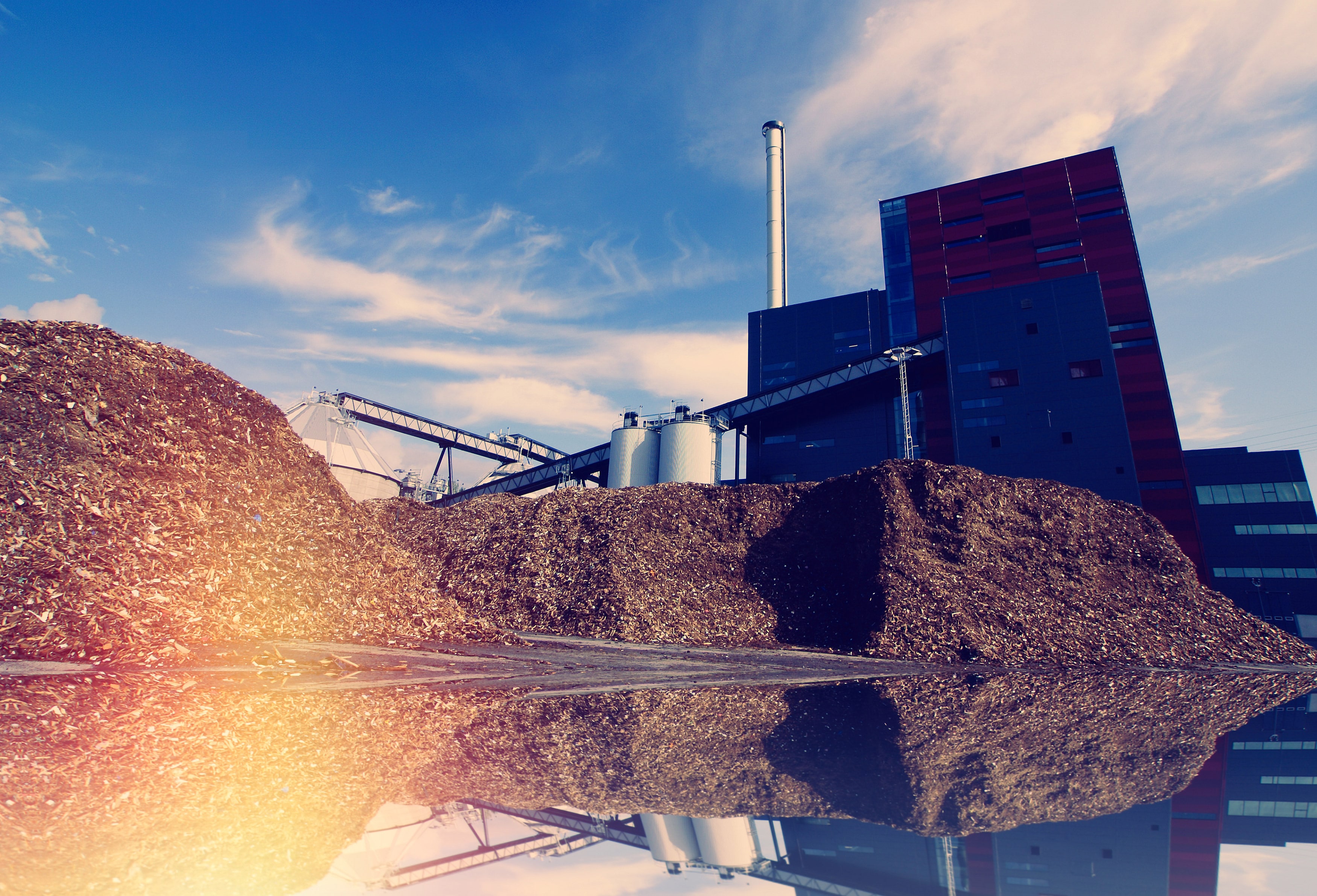Pinned Post
where is biomass energy used
- Get link
- X
- Other Apps
Understanding Biomass Energy
Question 1: What is biomass energy?
Biomass energy refers to the energy generated from organic materials such as plants, wood, and agricultural waste. These biomass sources are converted into various forms of energy, such as heat, electricity, and biofuels, through processes like combustion, anaerobic digestion, and biochemical conversion.
Image:
Question 2: How does biomass energy work?
Biomass energy can be harnessed in several ways:
- Combustion: Organic materials are burned to produce heat, which can be used directly or converted into electricity through steam turbines.
- Anaerobic Digestion: Biomass is broken down by microorganisms in the absence of oxygen, producing biogas (methane and carbon dioxide) that can be used for heating or electricity.
- Biochemical Conversion: Biological processes, such as fermentation, convert biomass into biofuels like ethanol and biodiesel.
Question 3: What are the advantages of using biomass energy?
Biomass energy offers several benefits:
- Renewable: Biomass is a renewable resource as plants and organic waste can be regrown or replenished.
- Reduced Greenhouse Gas Emissions: Biomass emits lower levels of carbon dioxide compared to fossil fuels, contributing to the reduction of greenhouse gas emissions.
- Waste Management Solution: Biomass energy can utilize agricultural waste and organic materials that would otherwise end up in landfills, reducing landfill usage and associated environmental issues.
- Local Economic Development: Biomass energy projects can stimulate rural economies by creating new jobs in farming, forestry, and biofuel production.
Question 4: What are the disadvantages of biomass energy?
While biomass energy presents numerous advantages, it also has some drawbacks:
- Air Pollution: Combustion of biomass can release pollutants like particulate matter and nitrogen oxides, contributing to air pollution.
- Land and Water Requirements: Biomass crops may require extensive land and water resources, potentially competing with food production or natural habitats.
- Transportation Constraints: Biomass materials need to be transported from their sources to the energy conversion facilities, which can add to logistical challenges and increase carbon emissions.
Question 5: How does biomass energy compare to other renewable energy sources?
Biomass energy has its unique advantages and considerations when compared to other renewable energy sources:
- Biomass vs. Solar Energy: While solar energy depends on sunlight availability, biomass can generate energy continuously, making it a more reliable source.
- Biomass vs. Wind Energy: Biomass energy is not dependent on wind conditions, providing a consistent power supply, unlike wind turbines.
- Biomass vs. Hydropower: Biomass energy does not require flowing water, making it applicable in areas without significant water resources.
Question 6: Can biomass energy help reduce greenhouse gas emissions?
Yes, biomass energy can contribute to the reduction of greenhouse gas emissions:
Compared to fossil fuels, biomass releases lower levels of carbon dioxide into the atmosphere. Additionally, certain forms of biomass energy, like anaerobic digestion, can capture methane, a potent greenhouse gas, and convert it into a useful energy source.
Question 7: Can biomass energy be used for transportation?
Yes, biomass energy can be utilized as a renewable fuel for transportation:
Biofuels produced from biomass, such as ethanol and biodiesel, can be blended with gasoline or diesel fuel to power vehicles. Some vehicles, known as flex-fuel vehicles, can run entirely on high-concentration biofuels.
Question 8: Is biomass energy widely used globally?
Yes, biomass energy is utilized worldwide:
Many countries employ biomass energy on a large scale as a renewable energy source. Europe, in particular, has been at the forefront of biomass energy development, with countries like Germany, Sweden, and the UK leading in bioenergy production and consumption.
Question 9: How much biomass energy is currently being produced?
The production of biomass energy varies across countries and regions:
According to recent data, biomass energy accounted for approximately 10% of global renewable energy consumption. However, specific statistics for biomass energy production may vary based on the availability of biomass resources and the level of technological advancements in different areas.
Question 10: Are there any government incentives for biomass energy?
Yes, governments often incentivize the use of biomass energy:
Many countries offer financial incentives, tax credits, grants, and subsidies to promote the development and utilization of biomass energy. These incentives aim to encourage investment in biomass projects and facilitate the transition to a more sustainable energy sector.
Question 11: What is the future outlook for biomass energy?
The future of biomass energy looks promising:
- Technological Advancements: Continuous research and development are enhancing the efficiency and sustainability of biomass energy conversion processes.
- Integration with Other Renewable Sources: Biomass energy can complement other renewable energy sources, such as solar and wind, by providing a stable energy supply when intermittent renewables experience fluctuations.
- Conversion of Waste to Energy: Biomass energy presents an opportunity to convert organic waste into a valuable energy source, promoting waste management and reducing environmental impact.
Question 12: How can individuals contribute to biomass energy utilization?
Individuals can support and contribute to biomass energy utilization in the following ways:
- Proper Waste Management: Separating organic waste from general waste allows it to be properly processed for biomass energy production.
- Choosing Biomass Products: Opting for biomass fuel products, such as wood pellets, for heating or cooking purposes promotes the use of biomass energy.
- Supporting Renewable Energy Policies: Advocating for renewable energy policies and supporting initiatives that promote biomass energy can create a more favorable environment for its growth and development.
Image:

- Get link
- X
- Other Apps
Comments
Post a Comment